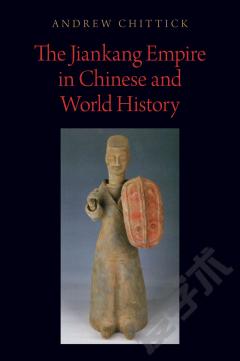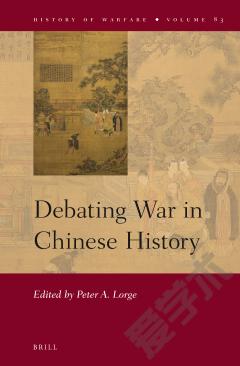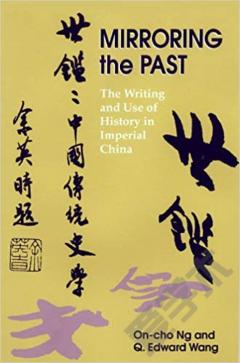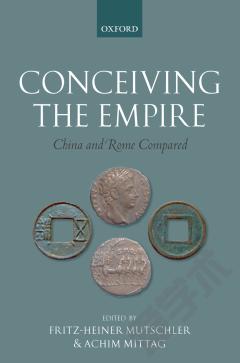The Jiankang Empire in Chinese and World History
This book offers a sweeping re-assessment of a critical period of Chinese history, showing how the Jiankang Empire, in what is now south China, once resisted the imperialist pressure of the north and developed its own distinctive pattern of ethnic identification and political culture. The book includes close studies of foodways, language, military history, economic history, vernacular culture and the political use of Buddhism. The result is a surprising, innovative interpretation of Chinese history that emphasizes the south's close relationship to Southeast Asia and the ways it was comparable to other medieval societies.
{{comment.content}}








 京公网安备 11010802027623号
京公网安备 11010802027623号